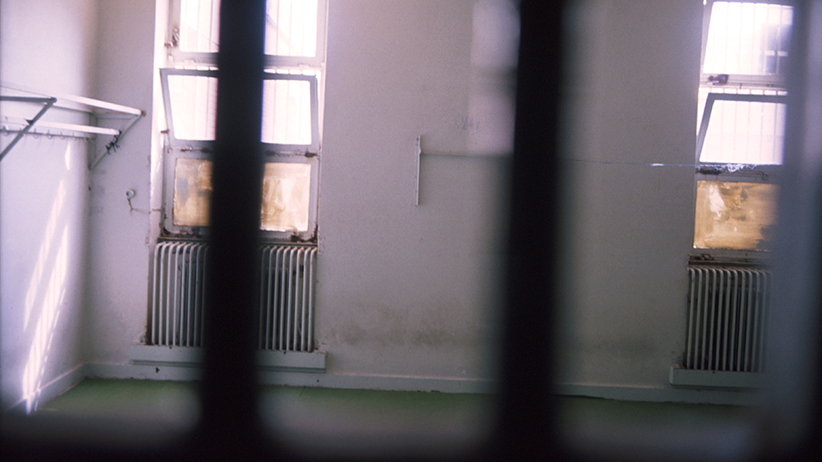Mostafa Azizi, TV producer and former Toronto resident, is jailed in Iran
Michael Petrou reports on the Iranian author who has lived in Canada for most of the past five years and has been jailed in Tehran
Tehran, Iran: An empty cell inside the high security Evin prison in Tehran.
Share

Mostafa Azizi, an Iranian television producer and author who lived in Canada for most of the past five years, has been jailed in Tehran’s Evin Prison.
Azizi returned to Iran in January and was arrested soon after. He’s being held in the same prison where Iranian-Canadian photojournalist Zahra Kazemi was jailed and abused in 2003, dying as a result in a nearby military hospital.
Members of Azizi’s family initially decided to keep his imprisonment secret, but are now speaking publicly about it, with Azizi’s approval.
He faces three charges: insulting Iran’s supreme leader, Ayatollah Ali Khamenei; insulting the founder of the Islamic Republic of Iran, Ayatollah Ruhollah Khomeini; and threatening Iran’s national security in cyberspace.
Related: Can Tehran be trusted?
Azizi’s son, Arash Azizi, a Canadian citizen and journalist who now lives in London, says the charges are related to some of Azizi’s Facebook posts. He says Azizi has spent 14 days in solitary confinement since his arrest, but is in “good physical and psychological condition.” Azizi is able to communicate with family members by phone. If convicted, he could be sentenced to five years in prison.
Arash, who has worked with Maclean’s on several stories, says his father is more of an artist than a political activist. For a time, he worked for Iran’s state broadcaster. In 2008, the family moved to Canada, with Azizi travelling back and forth to Iran for a couple of years before settling here permanently in 2010.
“Like many immigrants—I would dare say, the vast majority of immigrants from countries like Iran—opportunities for his children were the foremost thing that he wanted,” says Arash, speaking of his father.
Arash says Azizi felt connected to Canada, had friends here, and had applied for citizenship. But he deeply missed Iran and family members who are still living there.
Encouraged by the apparent openness of Iran’s new president, Hassan Rouhani, and by Iranian government statements that exiles could return safely, he decided to do so—expecting to be vigorously interrogated, Arash says, but not jailed.
“If you’re an Iranian guy like my father, you’re all about poetry. It’s just so hard to be away from Iran and not be able to go back.”
Related: America’s dangerous liaisons: Asking Iran to be a friend
Arash says he father does not regret his decision to return. “Iranian intellectuals all spend some time in prison,” he says. Arash expects that when his father is eventually released, he father will continue to spend at least part of his time in Iran.
Arash says his father is imprisoned with some Somali pirates, and jokes that the Somalis can help him practise his English.
Arash, too, tries to be upbeat. He says he’s hopeful his father will be freed within a year. But Arash admits it was particularly difficult at Nowruz, the Persian New Year, not to be able to talk to his father.